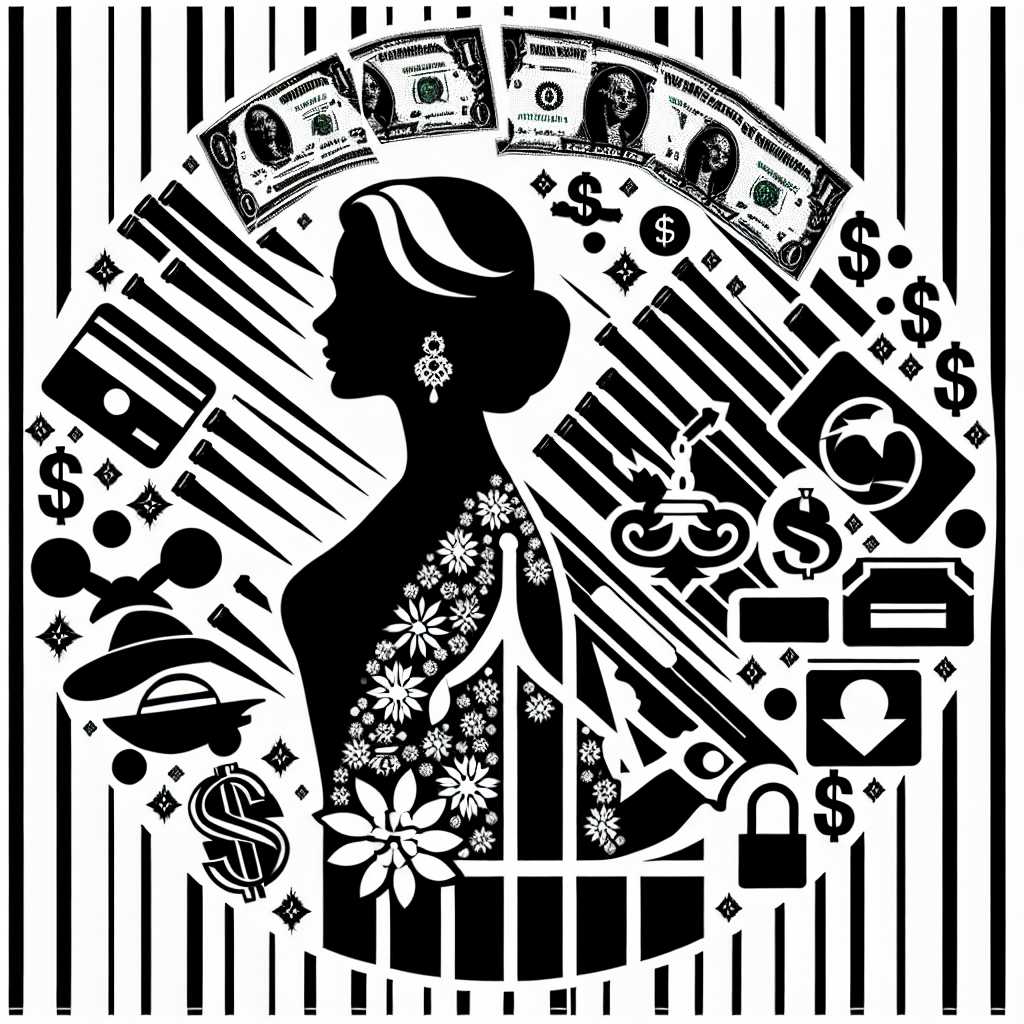The Saga of Anna Delvey: Unraveling the Intrigue Behind the Fake Socialite Scandal
Anna Delvey, born Anna Sorokin, emerged as a curious figure in the New York social scene in the late 2010s. Projecting the image of a wealthy European heiress, she managed to deceive friends, businesses, and banks out of large sums of money. Her story is not merely one of deceit but also serves as a societal mirror reflecting on issues of trust, aspiration, and the blurring lines between reality and illusion in an age dominated by social media and personal branding.
Ascendance: How Anna Delvey Built Her Imaginary Empire
Anna Sorokin arrived in New York City in 2013 and assumed the fictitious identity of Anna Delvey. With an immaculate sense of style and an imposing personality, she embedded herself within the city’s elite social circles. Claiming to have a multimillion-dollar trust fund, Delvey enjoyed a lavish lifestyle that included stays at luxury hotels, fancy dinners, and exclusive parties—even as she schemed investors and financial institutions with false pretenses.
Delvey claimed she wanted to build a private arts club called the Anna Delvey Foundation and went so far as to hire a PR company, create a website, and scout for real estate. It was her apparent willingness to spend large amounts on her appearance and projects that convinced many around her that she was who she said she was.
Unraveling the Illusion: The Art of Deception
The unraveling occurred when it was revealed that her yet-to-be-realized project—the Anna Delvey Foundation—was supported by a series of bad checks, unpaid loans, and fraudulent documents. It turned out that Sorokin had forged financial statements and defrauded various entities including banks, hotels, and even some of her close associates for a sum totaling roughly $275,000.
Her ruse was sophisticated; she managed to secure a 22 million dollar loan application through faked documents before her plans unraveled. Her downfall began after several NYC hotels reported non-payment against her name, leading to investigations that drew the curtain back on her scams.
The Trial of Anna Delvey: Media Sensation & Public Fascination
In 2019, Anna Sorokin faced trial; the public watched closely as her story unfolded in real-time narratives across media platforms. International attention was gripped by the courtroom drama amidst reports of her treats to stylists for proper outfits, reinforcing her crafted persona even under legal scrutiny.
During trial proceedings, prosecutors painted Sorokin as a con artist who intended to defraud from the start. Alternatively, her defense suggested that Sorokin fully intended to repay all loans and argued that she was creative entrepreneurship materialized in an unorthodox method. However, the weight of her fraudulent activity eventually led to conviction on eight counts including grand larceny and theft of services.
Legacy and Cultural Reflection: The Affair’s Broader Implications
Beyond court discussions lies a more profound conversation about what this scandal represents about our contemporary society. Sorokin succeeded by tapping into a zeitgeist where wealth is often taken at face value without verification; social power results from portraying success—even without any underlying foundation—and how influencers might blur lines between genuine achievement and fabrication.
Her continued relevance has manifested into book deals, interviews from prison—and most prominently—in the dramatization of her life through original series by major streaming platforms. This continual fascination reflects an anxious inquiry: How can modern society discern when aspirational spectacles become grandiose deceptions?
Notes:
Image description: A stylized illustration showing an elegantly dressed woman surrounded by symbols of wealth such as money signs, credit cards, luxury goods but with a shadow silhouette filled with classic criminal iconography such as dollar bills with prison bars over them, suggesting a double life or hidden agenda.
